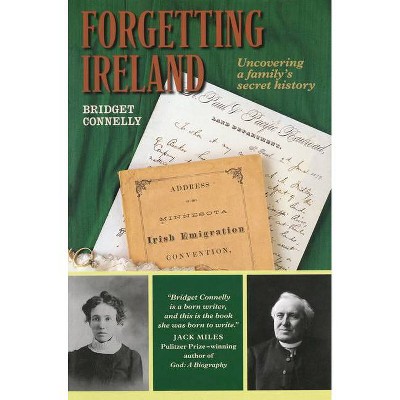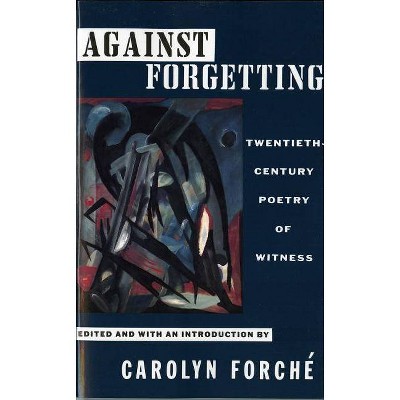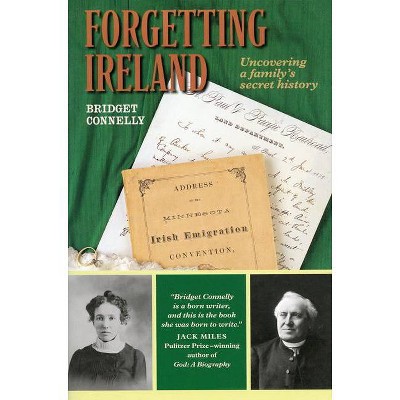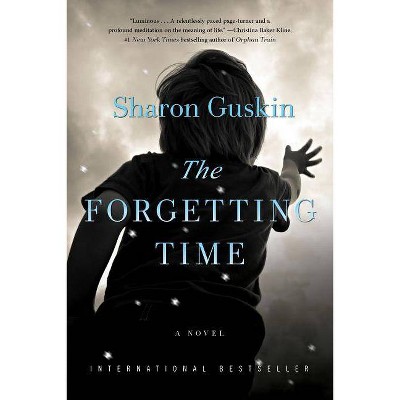Forgetting - by Scott A Small (Hardcover)
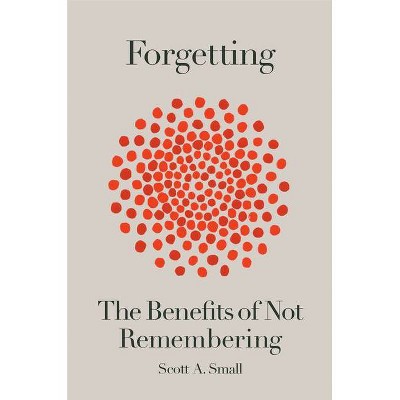
Similar Products
Products of same category from the store
AllProduct info
<p/><br></br><p><b> Book Synopsis </b></p></br></br><b>"Fascinating and useful . . . The distinguished memory researcher Scott A. Small explains why forgetfulness is not only normal but also beneficial."--Walter Isaacson, bestselling author of <i>The Code Breaker</i> and <b><i>Leonardo da Vinci</i></b></b> <p/>Who wouldn't want a better memory? Dr. Scott Small has dedicated his career to understanding why memory forsakes us. As director of the Alzheimer's Disease Research Center at Columbia University, he focuses largely on patients who experience pathological forgetting, and it is in contrast to their suffering that normal forgetting, which we experience every day, appears in sharp relief. <p/>Until recently, most everyone--memory scientists included--believed that forgetting served no purpose. But new research in psychology, neurobiology, medicine, and computer science tells a different story. Forgetting is not a failure of our minds. It's not even a benign glitch. It is, in fact, good for us--and, alongside memory, it is a required function for our minds to work best. <p/>Forgetting benefits our cognitive and creative abilities, emotional well-being, and even our personal and societal health. As frustrating as a typical lapse can be, it's precisely what opens up our minds to making better decisions, experiencing joy and relationships, and flourishing artistically. <p/>From studies of bonobos in the wild to visits with the iconic painter Jasper Johns and the renowned decision-making expert Daniel Kahneman, Small looks across disciplines to put new scientific findings into illuminating context while also revealing groundbreaking developments about Alzheimer's disease. The next time you forget where you left your keys, remember that a little forgetting does a lot of good.<p/><br></br><p><b> Review Quotes </b></p></br></br><br>"Upbeat . . . Dr. Small is convincing on the value of forgetting (and also of sleep)."<b>--<i>The Wall Street Journal<br></i></b><br>"Eye-opening . . . accessible with an easygoing prose."<b>--<i>Publishers Weekly</i></b> <p/>"In his clear-worded and compassionate book, Scott Small translates the current science of memory for the general reader and explains why the onset of forgetting may be benign or even helpful rather than the beginning of a tragedy. <i>Forgetting</i> is a welcome addition to the literature on human memory at a time of both solitude and hope."<b>--Antonio Damasio, author of <i>The Strange Order of Things</i></b> <p/>"Scott Small has written a book that will calm the fears of anyone who has mislaid a pair of glasses or couldn't remember the name of an acquaintance and worried they were suffering from incipient memory loss. <i>Forgetting</i> is the work of an accomplished neuroscientist who follows in the tradition of Oliver Sacks, illuminating the mysteries of the brain with personal stories and lively, accessible writing as he makes the case that not remembering is a crucial biological function rather than the inevitable prelude to dementia."<b>--Sue Halpern, author of <i>A Dog Walks into a Nursing Home <p/></i></b>"This book is both fascinating and useful. The distinguished memory researcher Scott Small explains why forgetfulness is not just normal but beneficial. By allowing us to see the forest as well as the trees, forgetting promotes creativity and pattern recognition. This readable book will help you understand how the right mix of forgetting and memory allows you--and our whole society--to be emotionally healthy."<b>--Walter Isaacson, bestselling author of <i>Leonardo Da Vinci</i> and <i>Steve Jobs</i></b><br><p/><br></br><p><b> About the Author </b></p></br></br><b>Scott A. Small</b> is a physician specializing in aging and dementia and a professor of neurology and psychiatry at Columbia University, where he is the director of the Alzheimer's Disease Research Center. He has run a National Institutes of Health-funded laboratory for over twenty years and has published more than 140 studies on memory function and malfunction, research that has been covered by <i>The New York Times, The New Yorker, </i> and <i>Time</i>. His insight into Alzheimer's disease recently led to the formation of Retromer Therapeutics, a new biotechnology company which he co-founded. Raised in Israel, he now lives in New York City.
Price History
Price Archive shows prices from various stores, lets you see history and find the cheapest. There is no actual sale on the website. For all support, inquiry and suggestion messagescommunication@pricearchive.us
